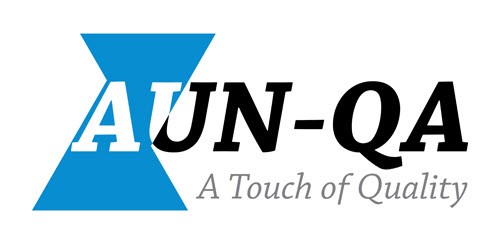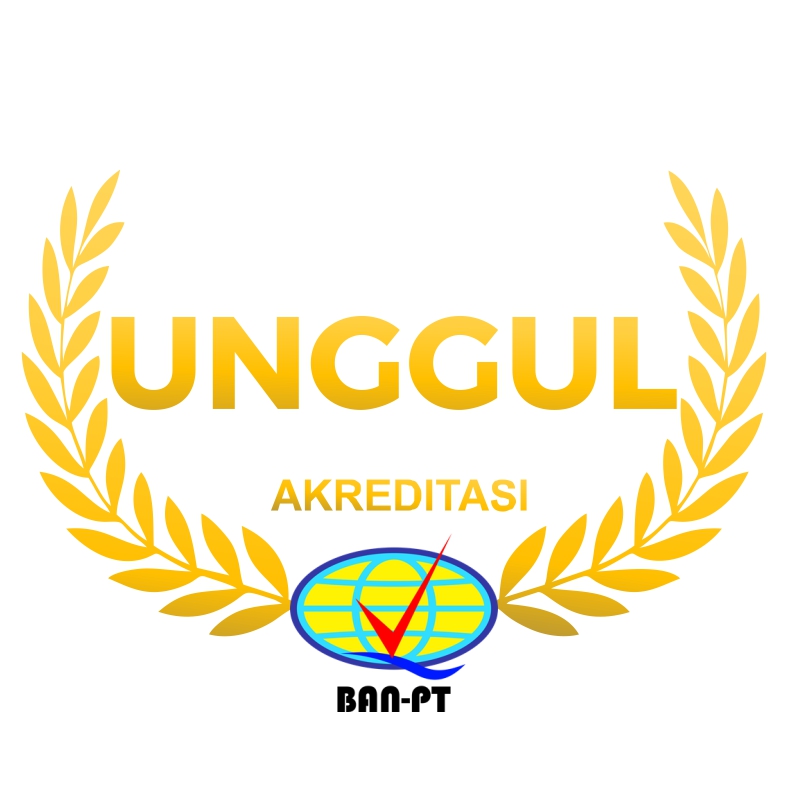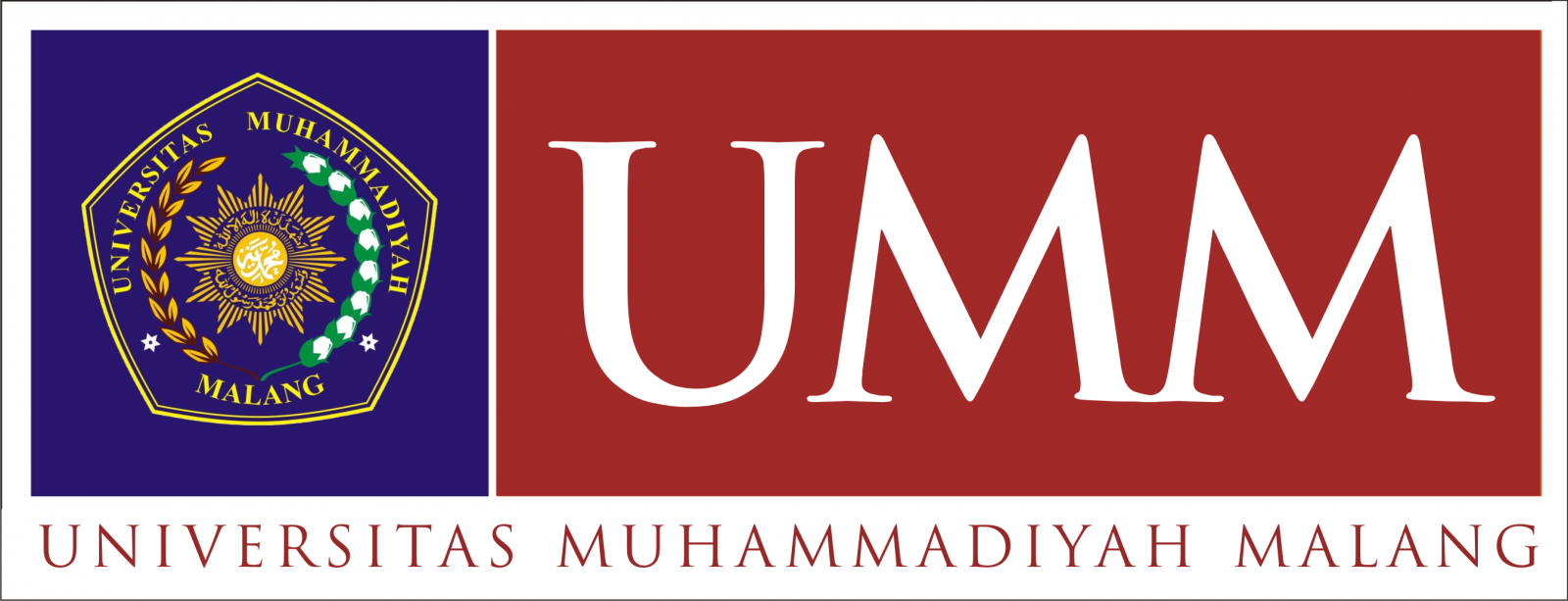'UMM Chick' Research Result of Ir. Suyatno, M.Si, UMM Animal Science Department Lecturer Successfully Entered the National Top 3 in the Poultry Category
2024/07/21 23:30:04
The Department of Animal Science UMM was established in 1987 under name Animal Husbandry department. Based on Decree of Kopertis Region VII Nomor : 173 / Q 1987, tanggal 22 Desember 1987Decree of the Establishment of the Animal Science Department. Location of the deprtment in campuss II on the street Bendungan Sutami 188A Malang. Since 1992, the location move in campuss III on the street Tlogomas Raya No. 246, Malang.

Decree of Ministry of National Education and Culture Number : 0648/O/1988, 24 Desember 1988, got register status and then when 26 April 1993 decree number 177/DIKTI/Kep/1993 got recognized status for animal husbandry department. Equal Status for animal husbandry departmen obtain by Decree of ministry National Education and Culture Number 149/DIKTI/Kep/1995, on the date 5 Juni 1995. Acreditation status obtain in 1999.
In 2002, Animal Husbandry obtain acreditaion "A" based on decree number 05030 / Ak - V- S1- 009/UMM CYT/V/2002, date 20 Mei 2002. Accreditation A was achieved again in 2007, based on BAN-PT decision No. 015/BAN-PT/Ak-X/S1/VII/2007. Based on the decision of the Director General of Higher Education, Department of National Education of the Republic of Indonesia No. 163/DIKTI/KEP/2007, the Animal Husbandry Department was changed to the Animal Science Department. Since 2009, the Department of Animal Science has been under the UMM Faculty of Agriculture and Animal Science. In 2017 the Animal Science department again received "A" Accreditation based on Decree No: 2190/SK/BAN-PT/Akred/S/VII/2017 dated 04 July 2017. Based on the decision of the Director of the Ministry of Research, Technology and Higher Education and in 2021 the Animal Science department was converted to "Excellent" based on BAN-PT decision No.11893/SK/BAN-PT/AK-ISK/S/X/2021. Currently, the Animal Science department is processing to gain international recognition by applying for ASIIN (The Accreditation Agency for Study Programs in Engineering, Informatics, Natural Sciences, and Mathematics) accreditation from Germany. This process aims to improve the quality and reputation of the program on a global scale.



